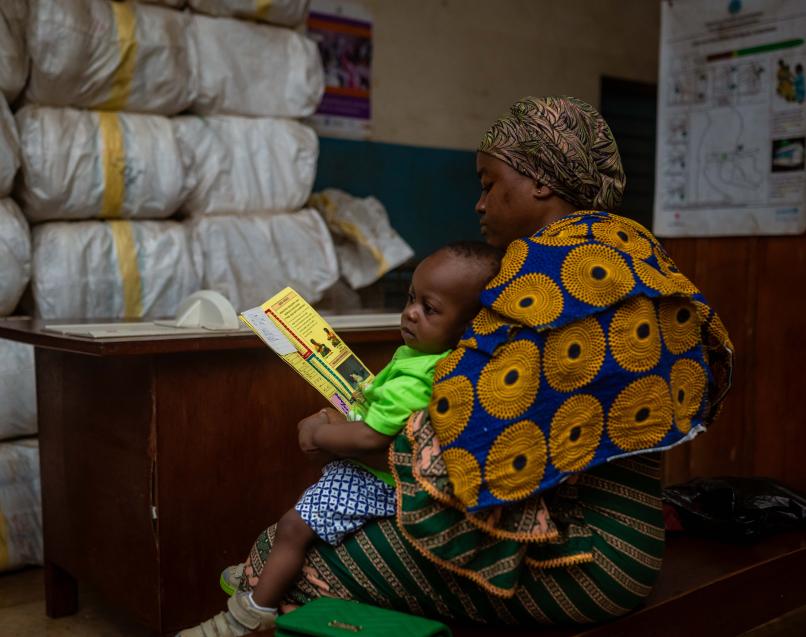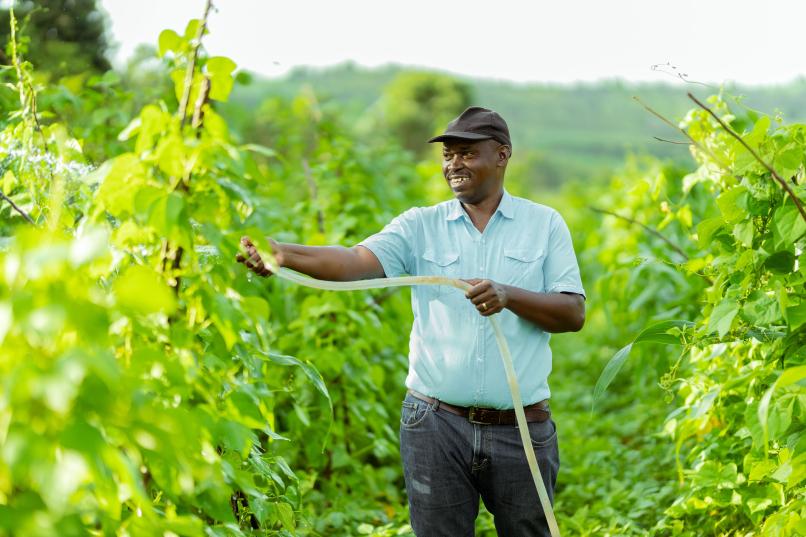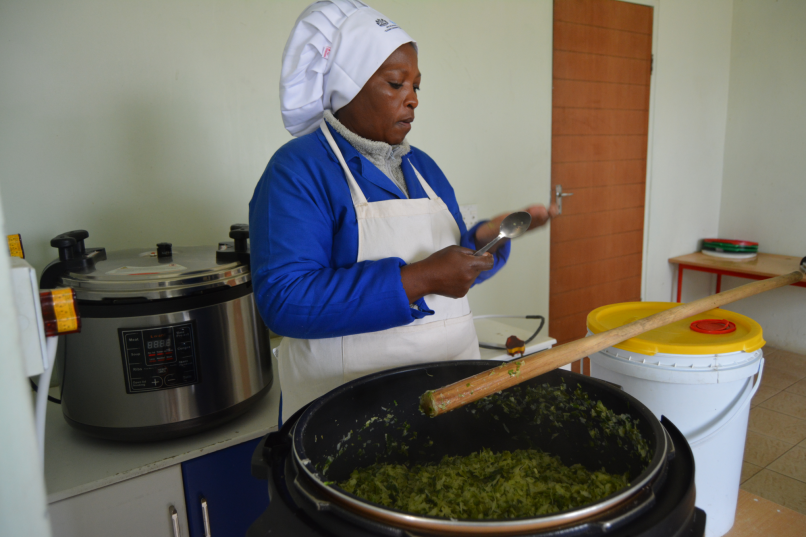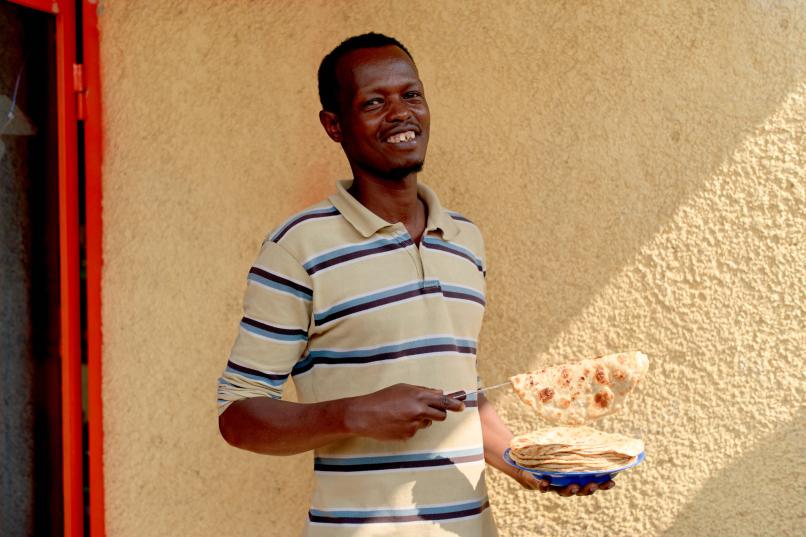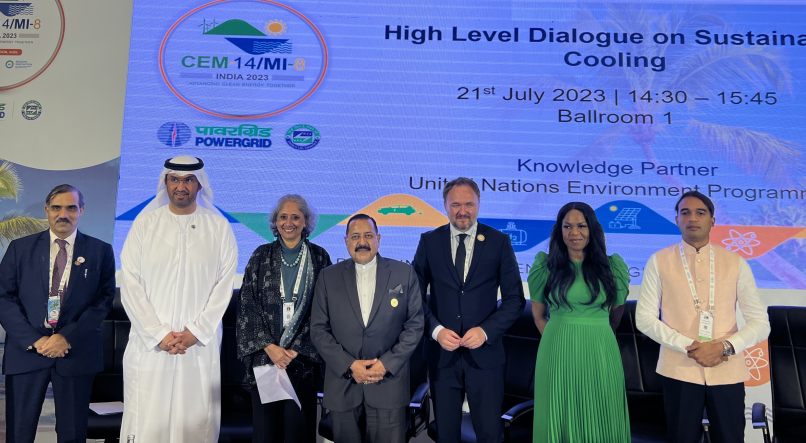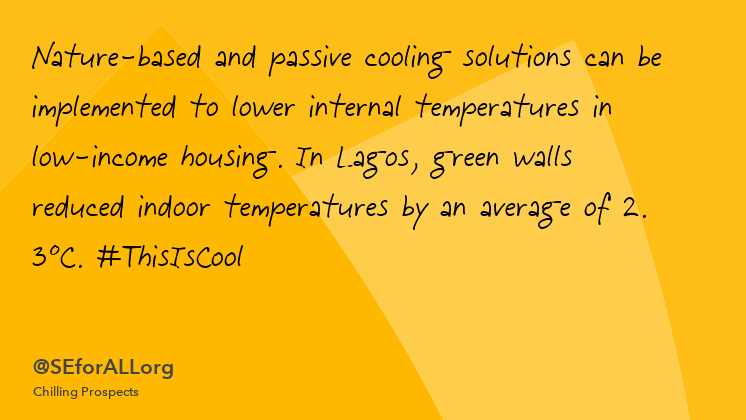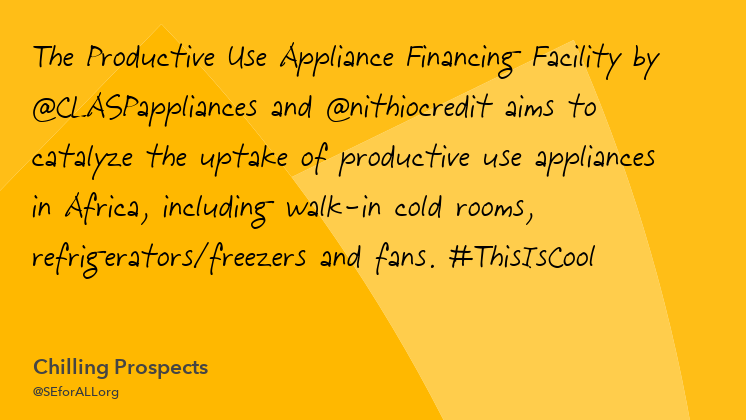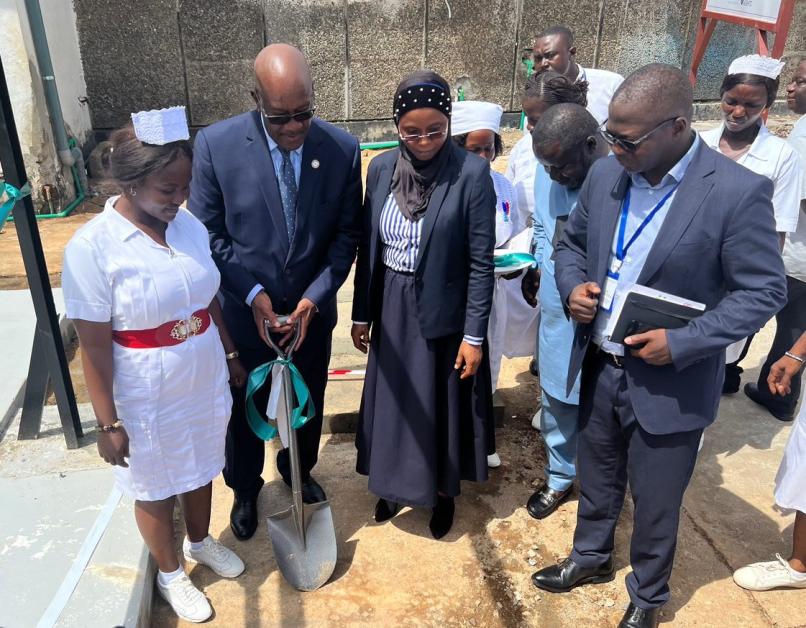SEforALL extends Sierra Leone Healthcare Electrification Project to Kailahun Hospital and 25 Community Health Centres
Successful electrification of six leading hospitals in Sierra Leone inspired the extension
FREETOWN, Sierra Leone, 20 September - Sustainable Energy for All (SEforALL) has now extended the Sierra Leone Healthcare Electrification Project to provide solar power electrification of 0.308 Megawatt peak (MWp) to an additional government hospital in Kailahun and 25 Community Health Centres (CHCs) across the country.
Currently, 18 of these CHCs have no existing power source and the remaining have unreliable access to the grid or are self-generating using diesel. But that will change when the solar PV and battery systems are installed, giving doctors and nurses a reliable power source for treating patients. The new systems will significantly lower reliance on diesel generators, which will reduce the government’s healthcare expenditure on generator fuel and prevent greenhouse gas emissions.
This groundbreaking project is in collaboration with the Ministry of Health in Sierra Leone alongside support from the UK Government and the Global Energy Alliance for People and Planet (GEAPP) until its completion date of October 2024.
Collaborative efforts are vital, the Minister of Health, Dr. Austin Demby emphasized this: “The link between energy and health sectors is instrumental in improving service delivery and health outcomes. We made a commitment at COP28 that we will go green for health and this means that as we increase the number of health facilities and improve on existing ones, we will be conscious about the climate by ensuring that we prioritize renewable energy sources. This is why we are very pleased with the partnership we have with SEforALL and the UK Government as they help electrify our health facilities.”
The Sierra Leone Healthcare Electrification Project was launched after needs assessments were carried out in October 2022. Solar panels with battery systems were commissioned at six prominent medical facilities including the Ola During Children’s Hospital and the Princess Christian Maternity Hospital both in Freetown, then Masanga Hospital in Tonkolili, and three more government hospitals in Kambia, Kabala and Bonthe by late December 2023.
Solar power is life-changing, a Maternity Nurse at Kambia Government Hospital, Mariatu Kamara reflected: “Can you believe we used phone lights to perform deliveries in the maternity ward? Solar has made my work easier. I'm now free from the ordeal of holding a phone in my mouth while I do the delivery. The patients are also happy.”
The initial six hospitals received a combined total of more than 0.6MWp of installed solar PV capacity with battery storage, and are now fully equipped to provide critical medical care at all hours of the day and night.
This phase of the project will power facilities in several districts, including Bo, Bonthe, Kailahun, Kono, Tonkolili, and the Western Area, benefiting key centers such as Bo School Clinic, Gerihun CHC, Moriba Town CHC, Taiama Trauma Centre, and Jenner Wright in Freetown, alongside 20 other facilities.
The transition has been transformative for Sierra Leone and it’s only the beginning. SEforALL’s Sierra Leone Country Manager, Ngozi Beckley-Lines expressed pride in the project’s impact: “Rural and underserved communities can now rely on clean and renewable solar power, ensuring improved around-the-clock medical care. The energy transition work continues, and we will leave no one behind.”
SEforALL plans to install a total of 4.3MWp of solar power across Sierra Leone. The third and final phase of the Sierra Leone Healthcare Electrification Project will supply another 11 hospitals including Lakka, Port Loko, Makeni and Kenema Government Hospitals with solar PV and battery systems.
